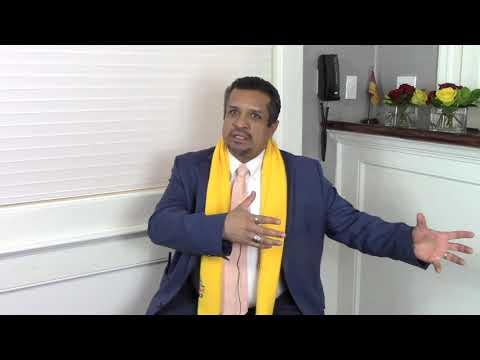Lawmaker Seek Ways to Continue Discriminating Against Christians
Push is on to end all school choice rather than let some parents choose Catholic schools for their kids.
In the wake of the US Supreme Court Case, Carson v. Makin, which ruled states such as Vermont that have publicly funded school choice programs cannot discriminate against religious schools, the conglomeration of public school special interests made up of the teachers’ unions, superintendents, school boards, etc. – collectively known as The Blob – finall…
Keep reading with a 7-day free trial
Subscribe to Behind the Lines: Rob Roper on Vermont Politics to keep reading this post and get 7 days of free access to the full post archives.



